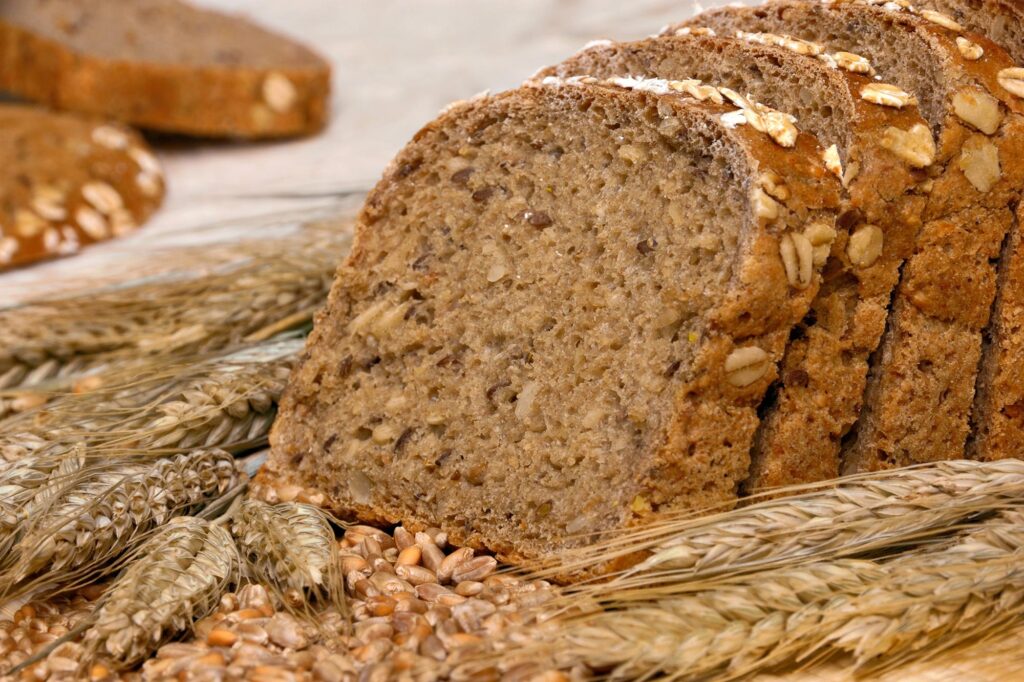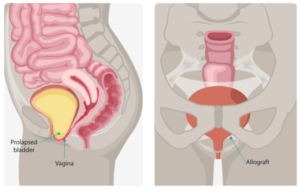Eating grains may be a simple way to protect from heart disease

Eating grains may be a simple way to protect from heart disease
General health advice often include “eating more grains,” but it is easy to forget the composition of someone’s diet and finally consumes less than suggested portions. A new study from Tufts University offers good reasons to reevaluate your diet and ensure you get enough portions of grains every day: may help protect you from heart disease later on.
“Whole grains” refer to grains such as wheat, oatmeal, brown rice, and millet that have not been refined to remove bran and other elements. Although enhanced grains are common, it is easy to get wheat food products in many places – they are often sold as wheat and multi-wheat bread, for example, plus these grains are often sold in large quantities.
Be sure to get three portions or more of these seeds every day can help prevent risk factors that lead to heart disease, according to new research. This study involves middle-aged adults and older ones using data drawn from the group of heart framingham. Information about 3,100 participants used; They have the average age of “mid-50s” and most are white.
The researchers saw five risk factors for heart disease, including blood sugar levels, triglycerides, good cholesterol, blood pressure, and waist size. Meanwhile, the portion of grain, is considered half a cup of brown rice, half a cup of wheat rolls, or a piece of whole wheat bread, according to the research.
Using years of data, this study found that participants who consumed at least three portions of grains every day experienced a slower waist size compared to people who had low wheat intake. The researchers contributed to changes in waist size and found that even so, low intake participants still experienced increased blood pressure and greater sugar compared to those who ate more grains every day.







